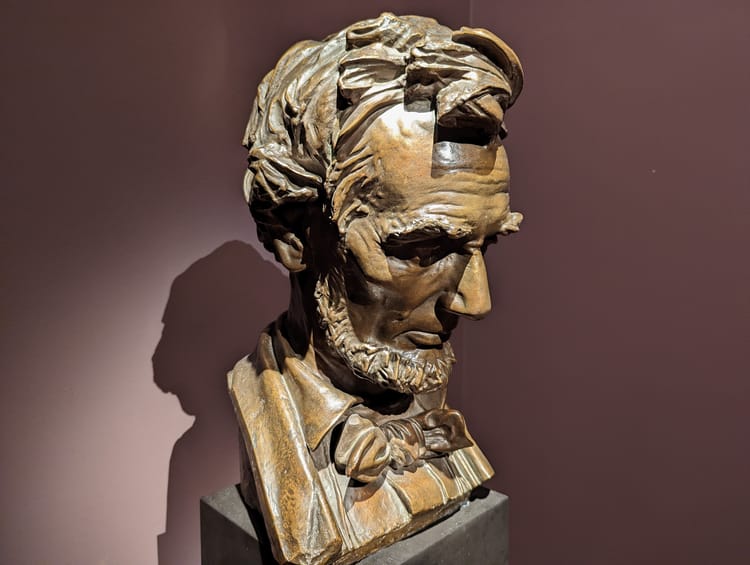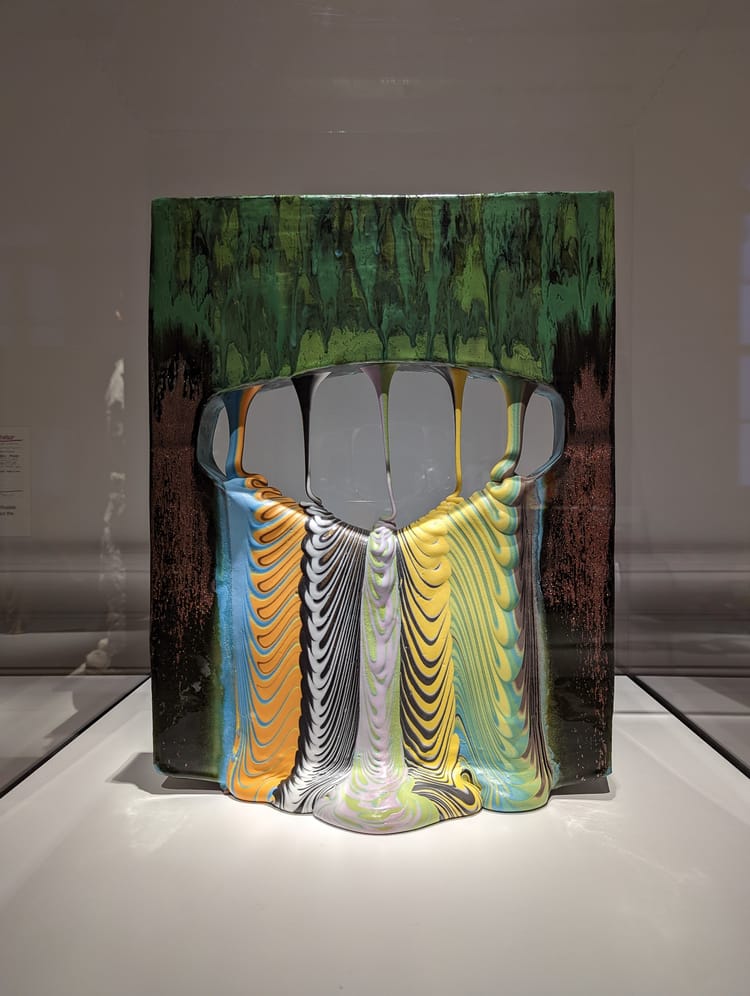045 - On Words And Meaning - Moral Letters for Modern Times

You say that you are overwhelmed by the number of books there are to read. Your bookshelves are overflowing, your Kindle is full, and there are not enough hours in the day to read a fraction of the homework you’ve assigned to yourself. Do not assume that reading more titles will deepen your understanding of more subjects. And do not think that reading faster will hasten your progress to any destination other than confusion.
The more a person brags about being widely read, the greater the chances they are a shallow thinker. When you flit from one book to the next, sampling great writers across time, you pick up fleeting impressions of the places you visit, no more. If you want to get a true sense of a city, you must linger in its streets, mingle with its citizens, and match your pace to its rhythms. Better you spend a month in one place than you book a whirlwind tour with twenty stops.
“I understand,” you say, “and I would rather you gave me your thoughts directly than shorten my reading list.” Nothing would give me greater pleasure, my dear Deuteros, than to see you again and have this conversation in person. The social distancing of the pandemic era may have kept us healthy in body, but the isolation is making us ill in spirit. The Zoom meeting and TEAMS call are but thin comfort compared to the hearty embrace of a hale companion. I yearn for the day when I can add my vaccine passport to my traveling kit and once more point my boots on the road in your direction.
Until then, you ask me to send you my thoughts in the next best form, these letters. I do not flatter myself that you prefer my words to those of the bestsellers scattered around you because you think I am creating great fare. But compared to wilted greens, day old bread, and thin gruel, any meal prepared freshly will seem fine. I would have you think of me not as the master of the kitchen, but as a dedicated sous chef: learned but still learning, always ready for a lesson from the greats. What every great cook knows is that they do not own the secret to good taste. Everyone who puts knife to cutting board is entitled to experiment and improve.
But let us make sure we spend time on substantive improvements. I may probe and explore a topic from all sides, but I do not fool myself that I am describing ten different things when I am using ten different words. A pinch of salt, a dash of pepper, a sprig of parsley: the seasoning does not make a new dish. This is one of the risks with sayings, and why I have cautioned you not to mistake the summary for the full idea.
The saying should call up in your mind a chorus of voices, each containing a few notes and bars of the larger composition. Just as the printed recipe is far from the finished meal, the saying is but an index entry, pointing to the page where the recipe is described in detail. And though you may know what steps to follow, you must still collect the ingredients and perform your transformation upon them. What separates the gifted chef from the uninspired is not the components they start with. Give two cooks equal amounts of rice, beans, herbs, and butter, and be amazed at how varied the results will be.
A gifted thinker turns words into more than words by adding meaning. This particular alchemy comes about when we go beyond the surface and address what is of lasting value: that a person is not more valuable by virtue of having valuables; that a person thinks clearly when they come to the same conclusion despite all others changing their minds, and only adapts their view in light of new facts not new opinions; that a person is wealthy in proportion to the things they can let go; that a person is happy when living in accordance with their nature, who is unshaken by what happens externally; and a person gains a more well-ordered mind when they realize the greatest harms are the ones we inflict upon ourselves.
It is clear that the recipe for a good life is available to all, but to prepare it well is not the work of amateurs. The Irish poet Oscar Wilde had this in mind when he said:
To live is the rarest thing in the world. Most people exist, that is all.
If you would be accomplished in this effort, I commend to you the words of the Indian lawyer Mahatma Gandhi, who counseled:
Live as if you were to die tomorrow. Learn as if you were to live forever.
It is the serious student who takes every opportunity to be about their studies. If you spend your time in reading and contemplation, you will not miss your life by bending to your books, but will instead find it.
Be well.






Member discussion